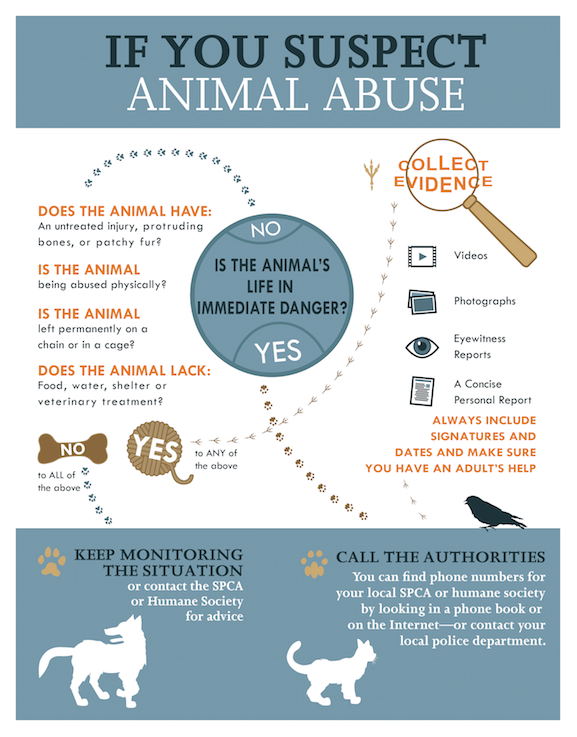Animal cruelty is an abhorrent reality affecting numerous creatures within our communities. In Memphis, Tennessee, as in many cities, it is crucial for compassionate citizens to understand how to identify and report cruelty effectively. This guide elucidates the process of reporting animal cruelty, providing a comprehensive overview for local residents.
Understanding Animal Cruelty
Animal cruelty can manifest in various forms, from neglect and physical abuse to abandonment and hoarding. Recognizing these behaviors is essential for prompt intervention. Neglect might involve failing to provide adequate food, water, shelter, or medical care. Physical abuse could include hitting, choking, or otherwise intentionally harming an animal. Abandonment is simply leaving an animal without adequate care, while hoarding involves keeping an excessive number of animals without the ability to provide proper care, often leading to dire conditions.
Identifying Signs of Abuse
Observing acute signs of animal cruelty requires heightened awareness. Look for animals exhibiting extreme fear of human contact, injuries that remain untreated, or visible signs of malnutrition such as protruding bones or unkempt fur. Additionally, crowded living conditions, lack of basic necessities, and an overall unhealthy appearance may indicate neglect. Documenting these signs, when safe to do so, is vital for effective reporting and investigation.
Steps to Reporting Animal Cruelty
Reporting animal cruelty in Memphis involves clear steps to ensure that the situation is managed efficiently. Here’s how to proceed:
1. Contact Local Authorities
The first course of action should be to contact the appropriate local authorities. In Memphis, the Memphis Animal Services (MAS) is the primary agency tasked with handling cases of animal cruelty. Citizens should reach out via their non-emergency line or visit their website to file a report online. When reporting, provide specific details such as the type of animal involved, the location, and any observable behavior indicative of abuse. The more explicit the information, the easier it will be for investigators to respond.
2. Use Helplines and Resources
Moreover, various organizations and hotlines are dedicated to animal welfare. The Humane Society of Memphis & Shelby County offers resources and advocacy for animal issues. They can also provide guidance on how to handle situations of suspected abuse. Additionally, the ASPCA operates a national hotline that can offer advice and support for dealing with animal cruelty concerns.
3. Collect Evidence
Documentation is imperative. If it is safe to do so, take photographs or videos that capture the distressing conditions of the animal or animals in question. Written notes detailing the date, time, and specific behaviors observed will also bolster the case. This evidence serves to substantiate the report and may be pivotal during investigations.
4. Follow Up
After making a report, it’s crucial to follow up on the case. Persistence can often drive necessary action. Contact the agency or organization where the report was filed to inquire about any developments. This also emphasizes the community’s commitment to animal welfare, reminding authorities that the issue remains a priority.
Legal Protections and Penalties
Tennessee has established laws dedicated to the prevention of animal cruelty under the Tennessee Animal Cruelty Act. Familiarizing oneself with these regulations can empower citizens in their advocacy. Under this law, individuals can be charged with misdemeanors or felonies, depending on the severity of the abuse. For instance, severe cases of abuse may result in significant fines and imprisonment, reinforcing the seriousness of the issue.
The Role of the Community
Community involvement is fundamental in combating animal cruelty. Education plays a pivotal role; discuss animal welfare in your local forums and schools to instill awareness from a young age. Consider forming or joining groups focused on animal protection, as collective efforts can magnify the impact of advocacy. Establish programs that promote responsible pet ownership, including spaying and neutering initiatives to help control stray populations.
Resources for Pet Owners
For those already pet owners, numerous resources can aid in preventing neglect or the circumstances that can lead to cruelty. Local veterinary clinics often have programs or suggestions for low-cost care, while shelters frequently host discounted spay/neuter events. These efforts are critical steps toward ensuring all animals receive the care they deserve, reducing the incidence of neglect and fostering healthier animal populations.
Conclusion
Animal cruelty is an issue that, while prevalent, can be actively combated through awareness and prompt reporting. By understanding how to identify signs of abuse, making thorough and informed reports, and advocating for animal welfare within the community, individuals can significantly impact the lives of animals in Memphis. It is a shared responsibility, and every citizen can contribute to a more humane society, one where every creature enjoys the right to a safe and loving environment.








